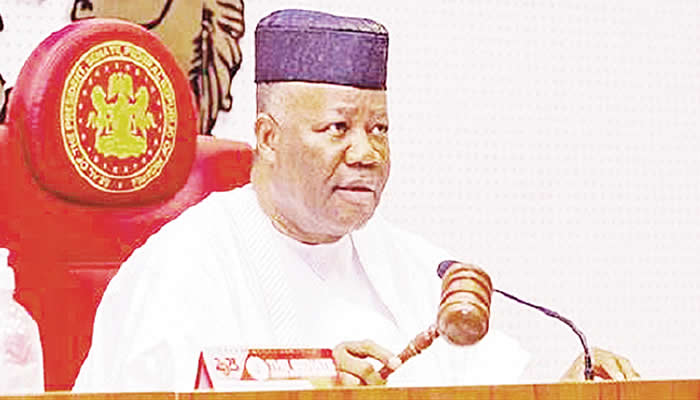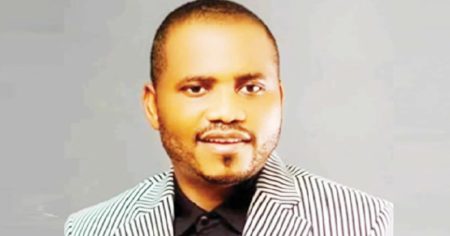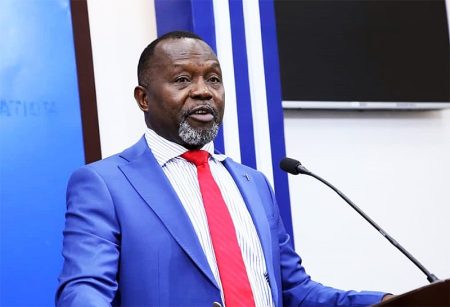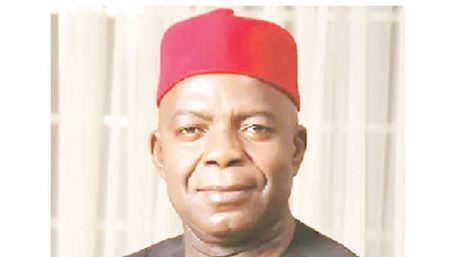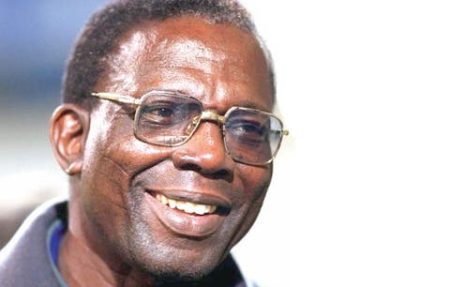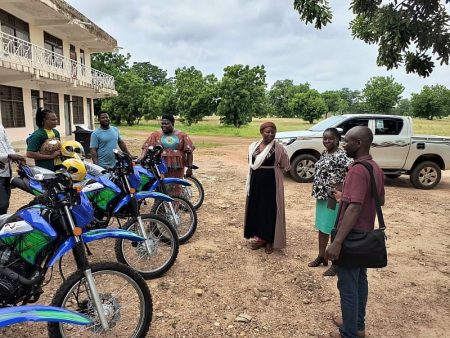Paragraph 1: Dispelling State Creation Rumors
The Nigerian Senate, under the leadership of President Godswill Akpabio, has unequivocally refuted claims circulating on social media platforms regarding the purported approval of new states. Senator Akpabio addressed these rumors during a plenary session, emphasizing that while the Constitution Review Committee has received numerous proposals for state creation, none have successfully navigated the complete legislative process. He underscored the rigorous nature of state creation, highlighting the complex and multi-stage procedure involved. Senator Akpabio cautioned communities against premature celebrations or mobilization efforts based on unconfirmed reports, stressing that the creation of any new state requires adherence to established legal procedures and final approval by the Senate.
Paragraph 2: The Rigorous State Creation Process
The creation of a new state in Nigeria is a complex and demanding undertaking, involving several critical steps. First, a formal request for state creation must be submitted, typically supported by a detailed memorandum outlining the justification for the proposed state. This memorandum should address factors such as population size, landmass, natural resources, cultural identity, and economic viability. The request then undergoes rigorous scrutiny by the National Assembly, including public hearings, debates, and committee reviews. Following this exhaustive process, the proposal requires the approval of two-thirds of the members of both the Senate and the House of Representatives, as well as the assent of the President.
Paragraph 3: Emphasizing Official Communication
To avoid misinformation and maintain transparency, Senator Akpabio urged Nigerians to rely solely on official statements released by the National Assembly concerning constitutional amendments and related matters. He cautioned against the spread of rumors and unsubstantiated claims, particularly those circulating on social media platforms, emphasizing the importance of accurate and credible information dissemination. The Senate president reiterated the commitment of the National Assembly to upholding due process and keeping the public informed through official channels.
Paragraph 4: Honoring a Former President
In a separate development, the Senate announced a special session dedicated to honoring the late former President Muhammadu Buhari. This session, scheduled for Wednesday, will provide an opportunity for lawmakers to pay tribute to Buhari’s contributions to Nigeria’s development during his tenure. Senators will share their reflections on his legacy, highlighting key achievements and milestones in various sectors, including infrastructure development, economic diversification, and security. The session will serve as a testament to the enduring impact of Buhari’s presidency.
Paragraph 5: Buhari’s Legacy and Controversies
Muhammadu Buhari’s presidency, spanning from 2015 to 2023, was marked by both significant accomplishments and notable controversies. His anti-corruption drive, though lauded by some, faced criticism for being selective and politically motivated. Economic policies, including the border closure and currency devaluation, generated mixed reactions, with some praising their protective effects and others lamenting their negative impact on trade and investment. Security challenges, particularly the Boko Haram insurgency and farmer-herder clashes, remained persistent throughout his tenure, prompting concerns about the effectiveness of his security strategies.
Paragraph 6: Senate’s Role in Democratic Governance
The Senate, as the upper chamber of Nigeria’s National Assembly, plays a crucial role in the country’s democratic governance. Its responsibilities encompass lawmaking, oversight of the executive branch, confirmation of presidential appointments, and representation of the interests of the various states and regions. The Senate’s commitment to transparency, adherence to due process, and engagement with public concerns are essential for maintaining public trust and fostering a robust democratic system. The Senate’s proactive communication and efforts to dispel misinformation regarding state creation exemplify its commitment to responsible governance and accountability to the Nigerian people.





